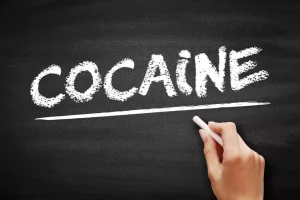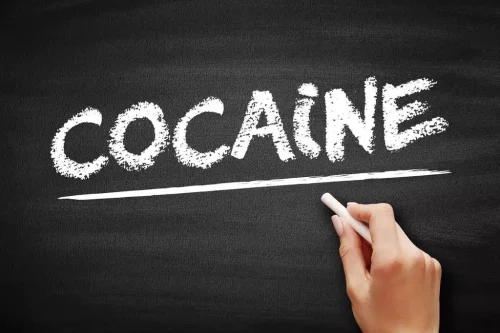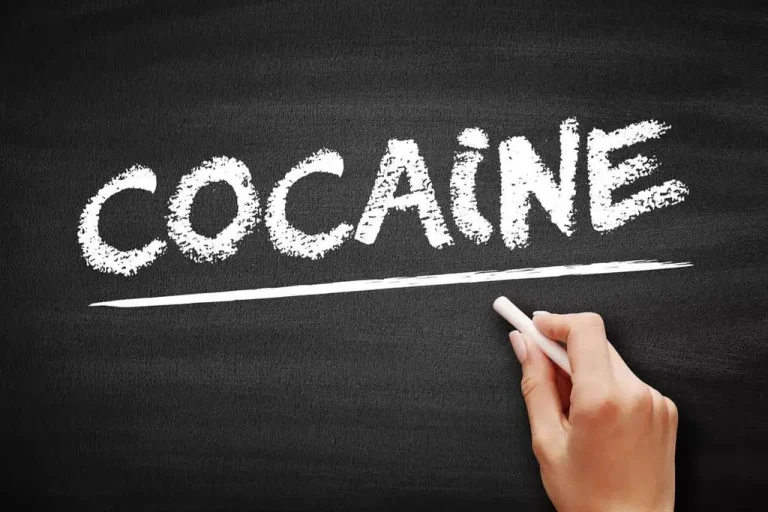Amphetamine Addiction: Definition, Symptom, Causes, Effect and Treatment

Similar to other mental conditions that may return even after treatment, addiction is the same. Inpatient treatment is recommended in most cases, particularly for those with severe dependences. However, some addicts may not be flexible enough to stay in the center for long periods of time, so will require outpatient care. They have clinicians onboard to ensure the safety and wellbeing of all patients and to make the detox period as comfortable as possible. Medication is used many times in order to alleviate the discomfort that the patient feels. Due to the slight differences in their chemistry and action, these drugs can be detected in the body for variable amounts of time.
Adderall and your eyes
Successfully treating amphetamine Amphetamine Addiction addiction requires a multifaceted and personalized approach. Initial detoxification involves supervised cleansing of the body from the drug’s toxins, followed by rehabilitation programs that offer individual, group, and family therapy. Our approach centers on treating people with the same kindness and respect that we value for ourselves. We understand mental health challenges firsthand and support your pursuit of well-being with compassion. Whether it’s connecting you with the right therapist or supporting you through difficult times, we embrace you as part of our community. Dextroamphetamine and methamphetamine are two types of amphetamines.
Can amphetamines treat ADHD in children?

Both are also used off-label for treating similar conditions, such as depression and anxiety, in combination with other medications. Adderall and Strattera (atomoxetine) are both commonly used to treat ADHD, but they work differently. Adderall is a stimulant medication that increases norepinephrine and dopamine in the brain and produces calm and focus in people with ADHD. Both Adderall and Ritalin are FDA-approved for treating ADHD and narcolepsy. Also, they’re both used off-label for treating similar conditions, such as depression and anxiety, in combination with other medications. (Drug misuse is also called abuse.) However, Vyvanse may be less likely to be misused.
- Reality is, if you are having doubts, you should try to talk with them and see what lies beneath the surface of their changed behavior.
- Many people confuse an ecstasy (MDMA) comedown with withdrawal, but these are two distinct experiences.
- Successfully treating amphetamine addiction requires a multifaceted and personalized approach.
- If the first drug you try doesn’t work well or causes too many side effects, a different medication might work better.
- Methamphetamine, a more potent stimulant, was the primary cause in 2,193 cases and was detected in 725 additional cases, resulting in 2,918 total occurrences.
- Amphetamines were first used as nasal decongestants from when they were developed in 1887.
- Molly’s impact on neurotransmitters and body temperature regulation brings about life-threatening conditions, impaired judgment, and long-term psychological damage.
How Common Is Molly Addiction?
- Liquid MDMA, though rare, is highly concentrated, making it difficult to dose safely.
- Amphetamine addiction is a substance use disorder that occurs when someone is physically or psychologically dependent on amphetamines to function in their daily lives.
- Furthermore, individuals with a history of mental health disorders, such as attention deficit hyperactivity disorder (ADHD) or depression, may be more vulnerable to developing an addiction.
- This could feel like a “rush” or a euphoric feeling that makes you happy and elevates your mood.
- This increase is partly due to the widespread prescription of stimulants for ADHD and other conditions, which can lead to misuse and dependency.
Individuals spend a significant amount of time and effort obtaining amphetamines. This often involves neglecting important responsibilities and engaging in risky behaviors to secure the drug. For instance, they will cause tachycardia Sober living house by stimulating the sympathetic nervous system. This can lead to arrhythmias, hypertension, and even a heart attack.

- Overcome addiction with our family support system, and regain control of your life!
- They’ll ultimately prescribe the smallest dosage that provides the desired effect.
- Amphetamines are prescription medications or illegal substances that are also known as stimulants, as they speed up your metabolism and increase your alertness.
- Genetic predispositions play a significant role, with individuals who have a family history of addiction being more vulnerable.
As with similar stimulants, methamphetamine is most often used in a “binge and crash” pattern. Because the pleasurable effects disappear even before the drug concentration in the blood falls significantly, users try to maintain the high by bingeing on the drug. In some cases, abusers indulge in a form of bingeing known as a “run,” forgoing food and sleep while continuing abuse for up to several days.

It increases the levels of neurotransmitters like dopamine and norepinephrine in the brain, which enhances concentration, alertness, and energy. Despite its medical benefits, amphetamine has a high potential for abuse due to its euphoric effects and is, therefore, tightly regulated. Yes, medications like antidepressants and anti-anxiety drugs can help manage withdrawal symptoms and co-occurring mental health issues. However, there is no specific medication approved solely for treating amphetamine addiction. Recognizing the symptoms of amphetamine addiction is crucial for early intervention and treatment. Psychologically, addiction results in paranoia, hallucinations, mood swings, and cognitive impairment, all of which highlight the detrimental impact of prolonged drug use.
- Whether amphetamines are prescribed or illegally acquired, misuse and overuse of amphetamines can lead to addiction.
- You can’t do it alone, so be sure to surround yourself with people who can support you.
- If you have unused medication that has gone past the expiration date, talk with your pharmacist about how to properly dispose of it.
- If you experience withdrawal symptoms while you’re following your prescribed schedule, talk with your healthcare provider.
- When a friend or family member takes amphetamines, some behavioural changes are almost instantaneous, while others take time to manifest.
- The government has created special regulations that determine how controlled substances are prescribed and dispensed.



